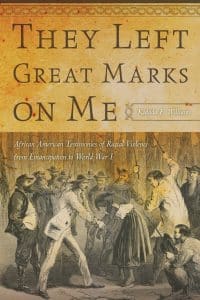 As Kidada Williams explains in her introduction to They Left Great Marks on Me: African American Testimonies of Racial Violence from Emancipation to World War I, the book “recasts the history of African Americans’ resistance to white supremacy by bringing back into view the women, men, and children who personally endured and witnessed racial violence and by highlighting the significance of their bold decisions to testify about the horrors of their experiences . . . and their desire to get justice by making other people hear and understand their suffering.”
As Kidada Williams explains in her introduction to They Left Great Marks on Me: African American Testimonies of Racial Violence from Emancipation to World War I, the book “recasts the history of African Americans’ resistance to white supremacy by bringing back into view the women, men, and children who personally endured and witnessed racial violence and by highlighting the significance of their bold decisions to testify about the horrors of their experiences . . . and their desire to get justice by making other people hear and understand their suffering.”
Williams’ book is a robust and attentive analysis of Black people’s accounts of their own experiences with racial violence following the Civil War. She writes,
Assuming silences where none existed, historians have missed opportunities to reveal who Blacks thought they were as a people in direct relation to the violence that they and their family members, friends, and neighbors endured and how this aided African Americans’ mobilization against violence.
Focusing on Freedmen’s Bureau Records, testimony given at congressional committees, and a wide selection of print culture, Williams finds that,
These victims’ and witnesses’ subsequent refusal to endure violence silently constitutes an underappreciated form of resistance to white supremacy.
One of the great contributions of her book comes in her effort to correctly interpret the motivations and agency of those who testified. Williams writes,
Many testifiers revealed their personal experiences of racial violence, but, like Alexander Davis, they also appended to their narratives what Robert Tepto calls, “accompanying voices,” the experiences of their family members, friends, and neighbors. This suggests that they shared a “duty to relate” what Black people felt and knew about the horrors of this violence and what they believed their fellow citizens, state and federal officials, and the press should know. In feeling a responsibility to relate their individual and collective experiences of violence, African Americans embraced what Dwight McBride calls the “politics of experience,” whereby people who testified presented themselves not only as victims and witnesses but also as experts on violence and representatives of their people.
The book powerfully communicates the duality of Reconstruction — the incredible energy and ingenuity of Black people to define and seize freedom and the equally ferocious effort by whites to dismantle that project.
Description by Ursula Wolfe-Rocca
ISBN: 9780814795361 | New York University Press
Online Class Resources
If you missed the Teach the Black Freedom Struggle online class with Kidada E. Williams, you can listen to an audio excerpt below and find resources from the class.

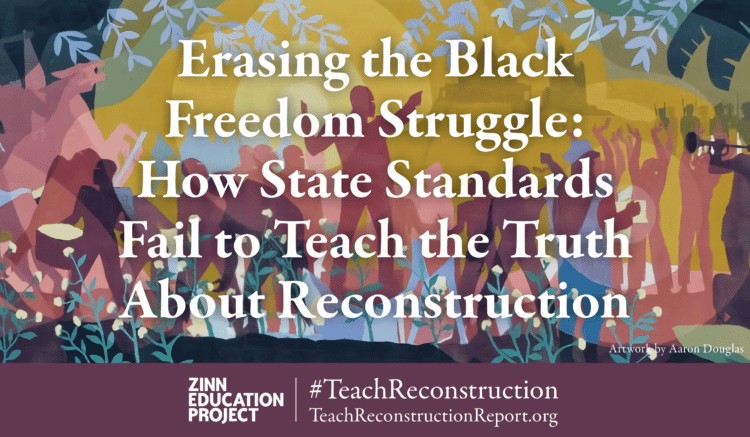
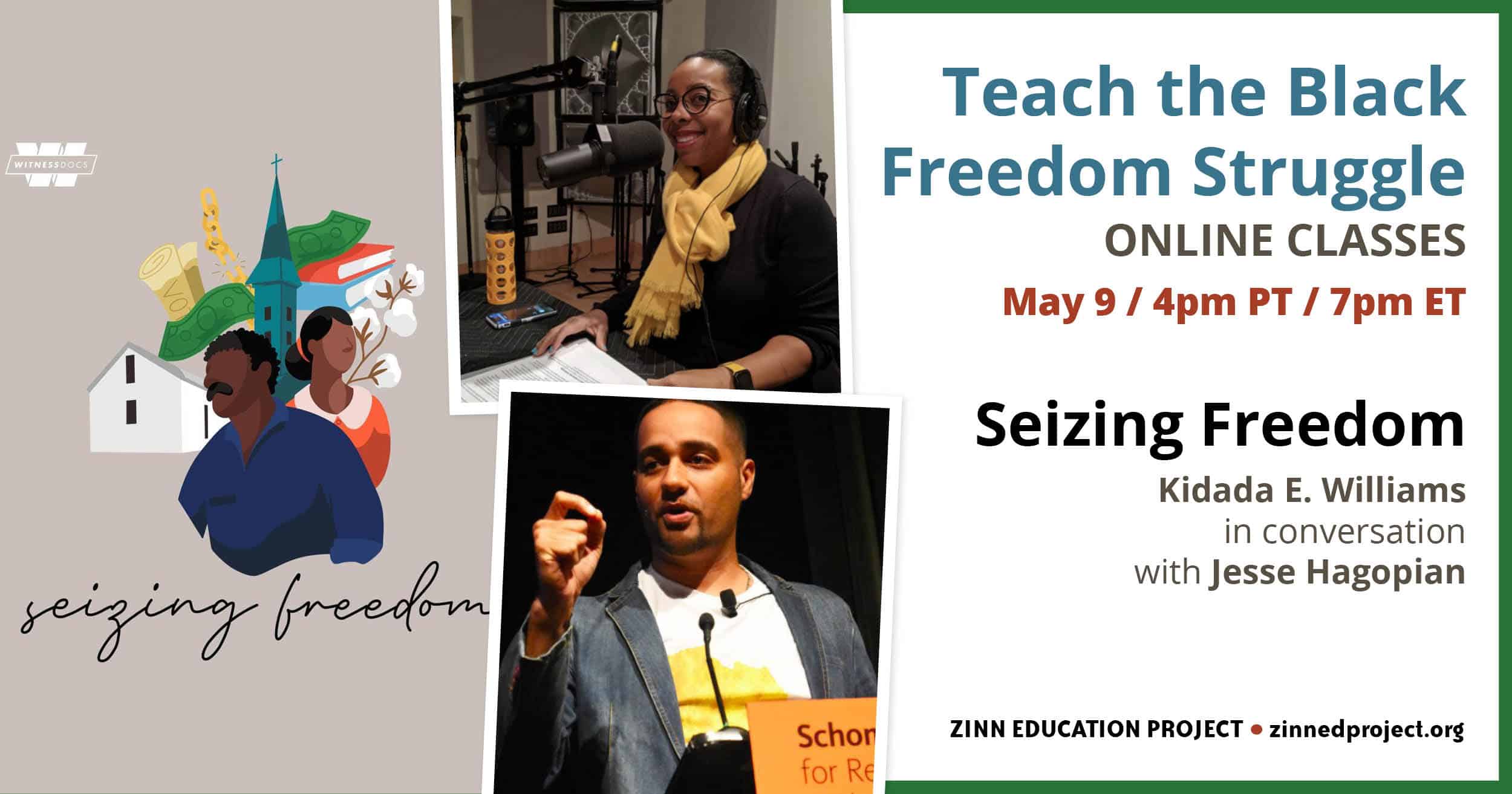
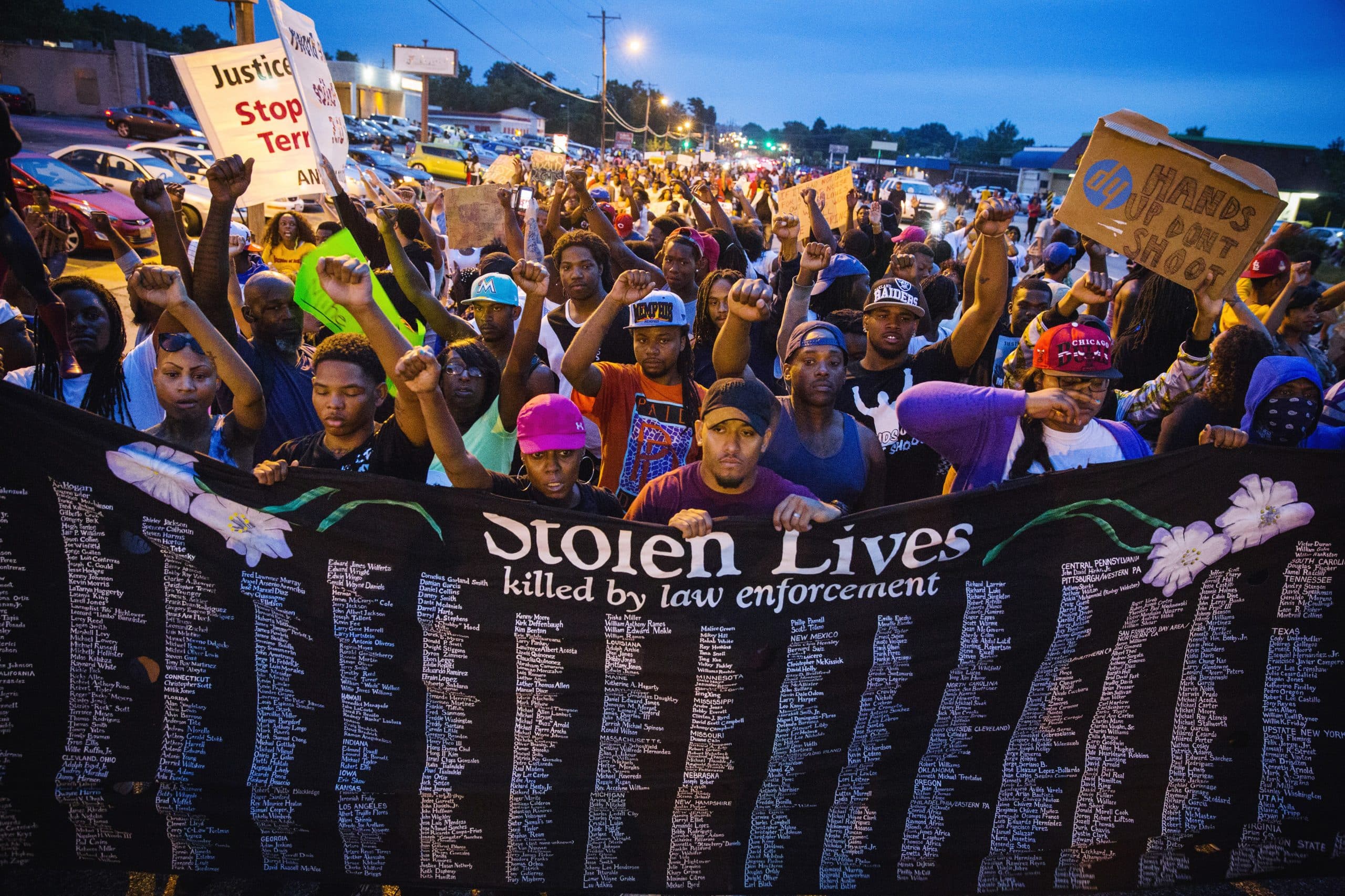
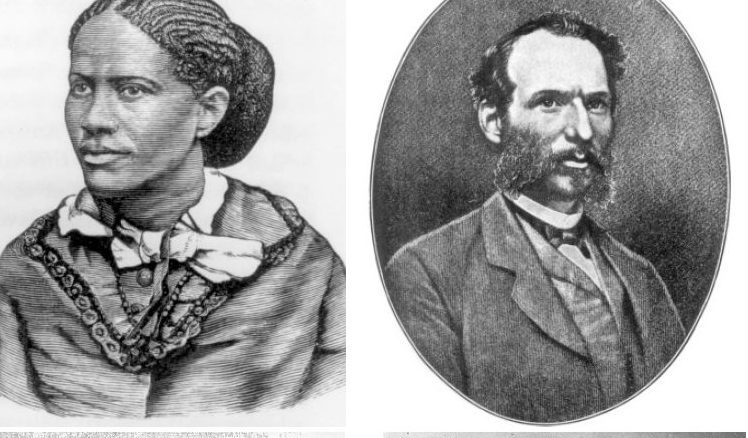
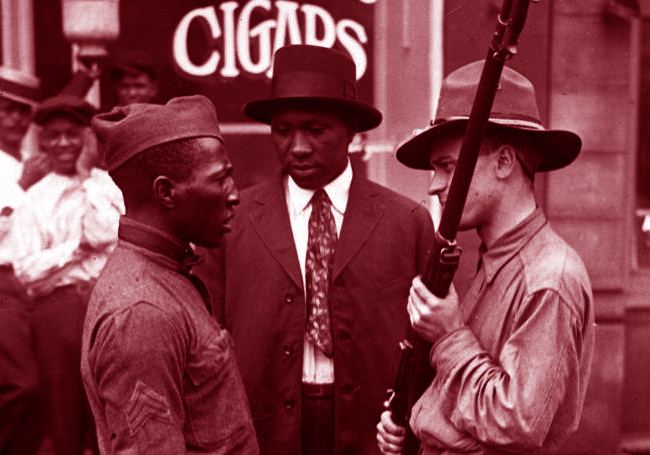
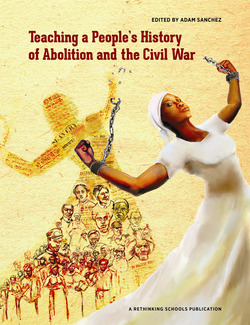
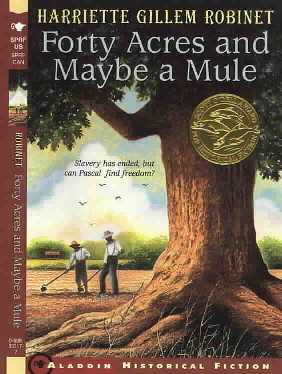
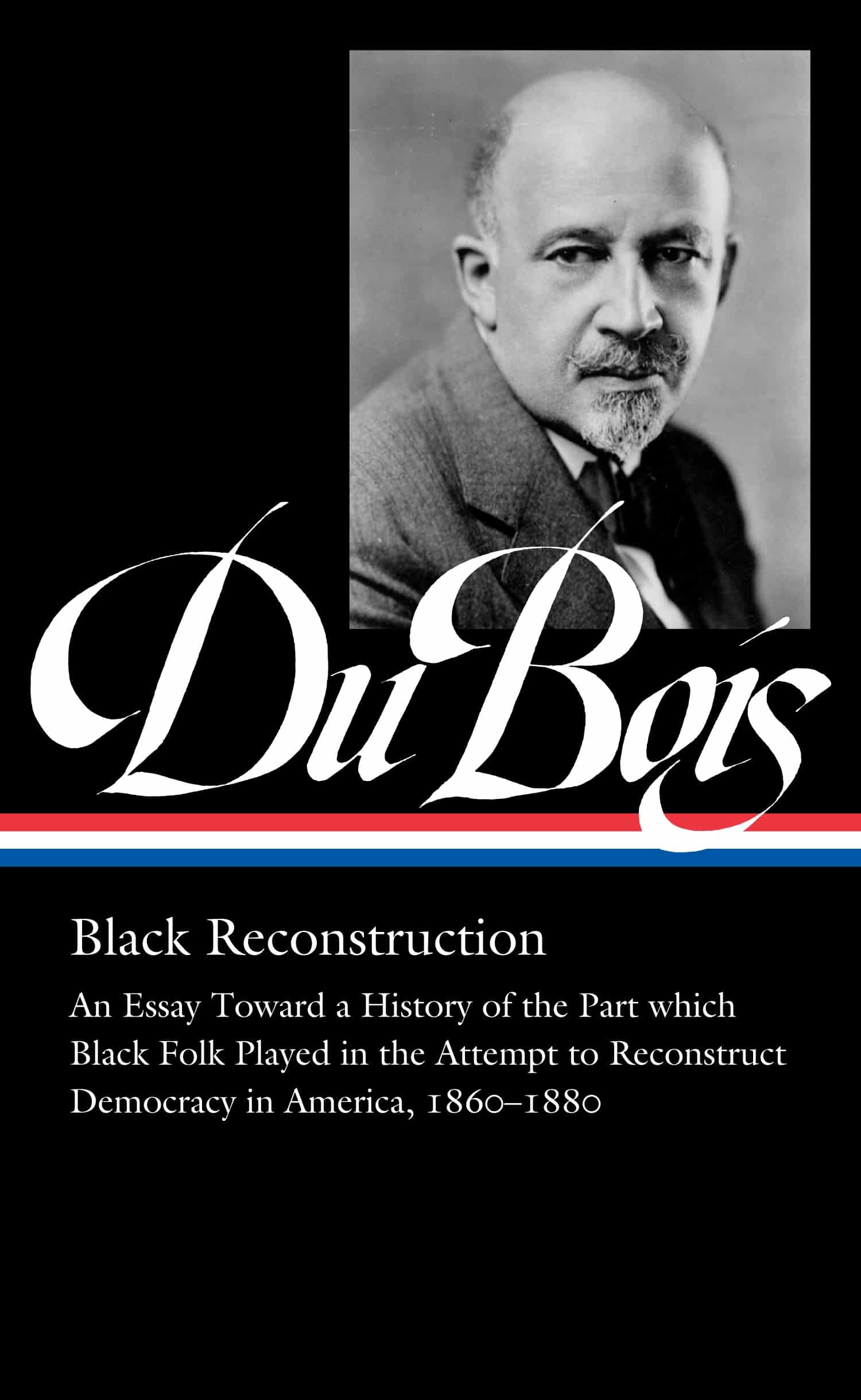
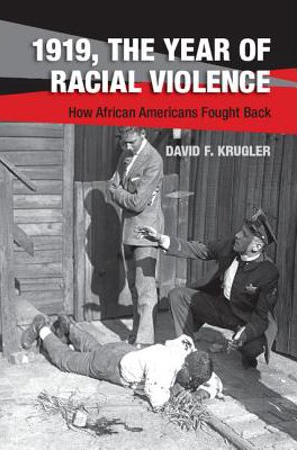
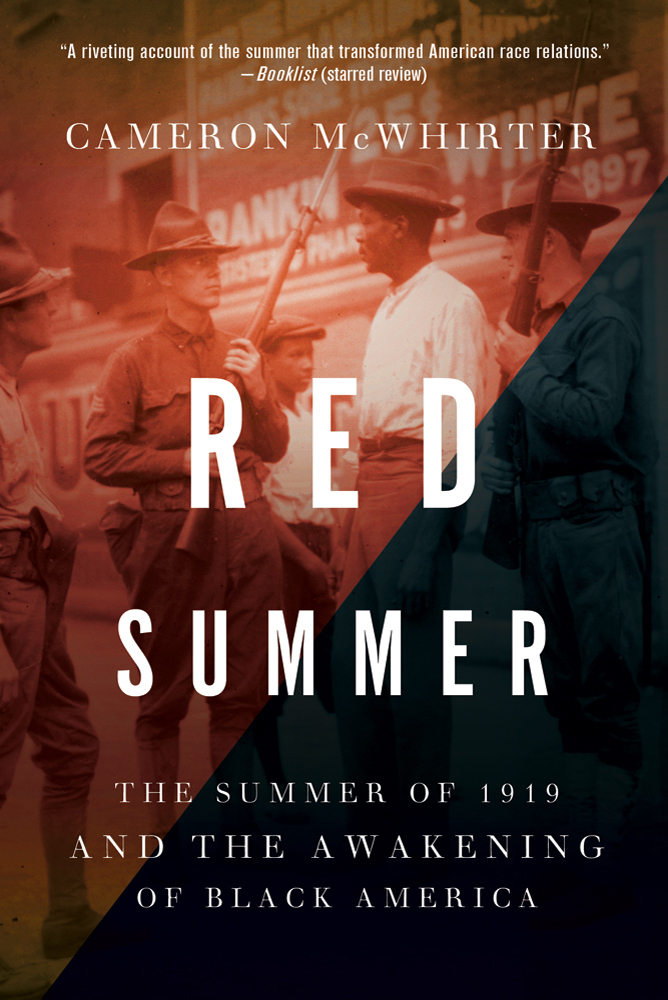
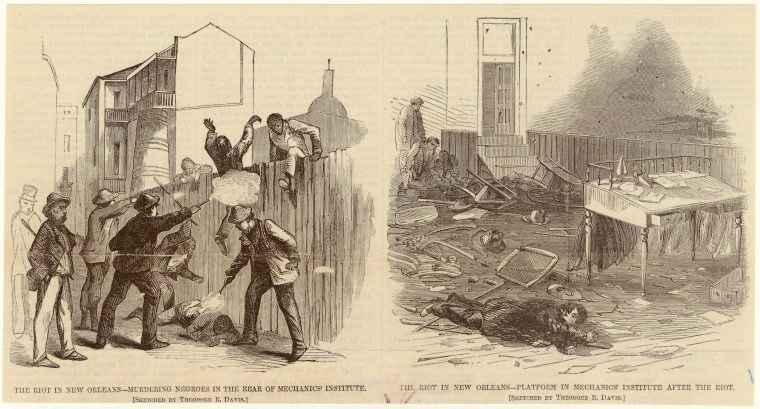
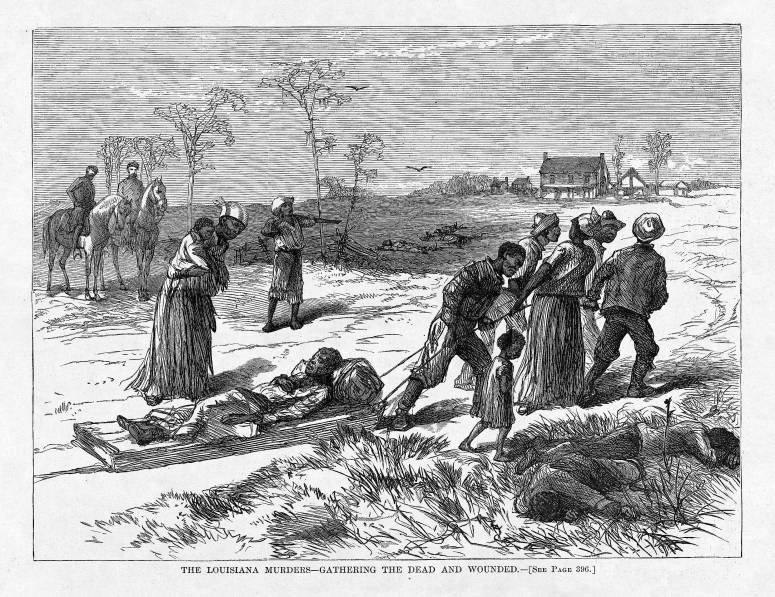
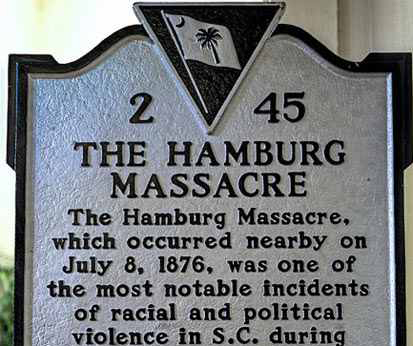
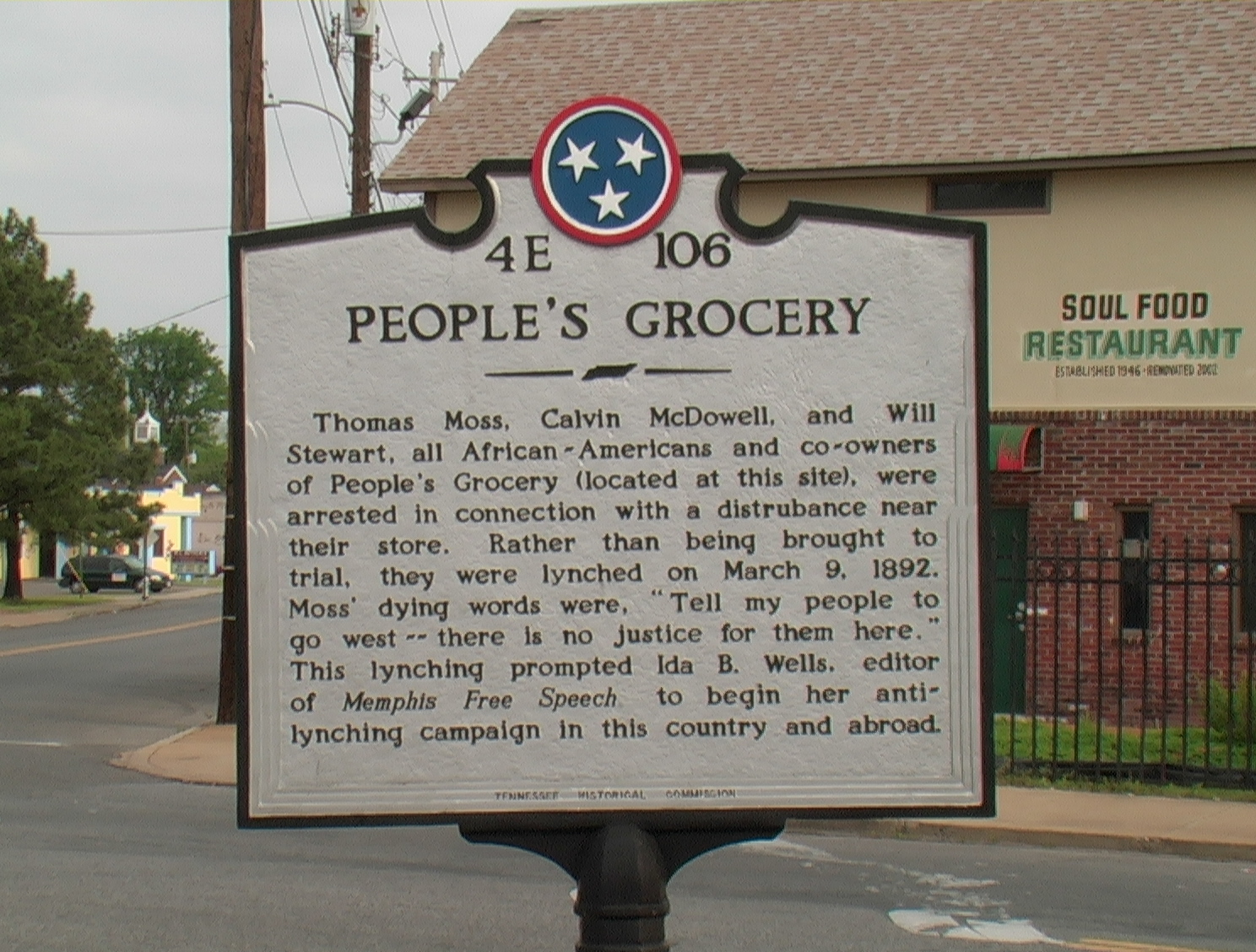
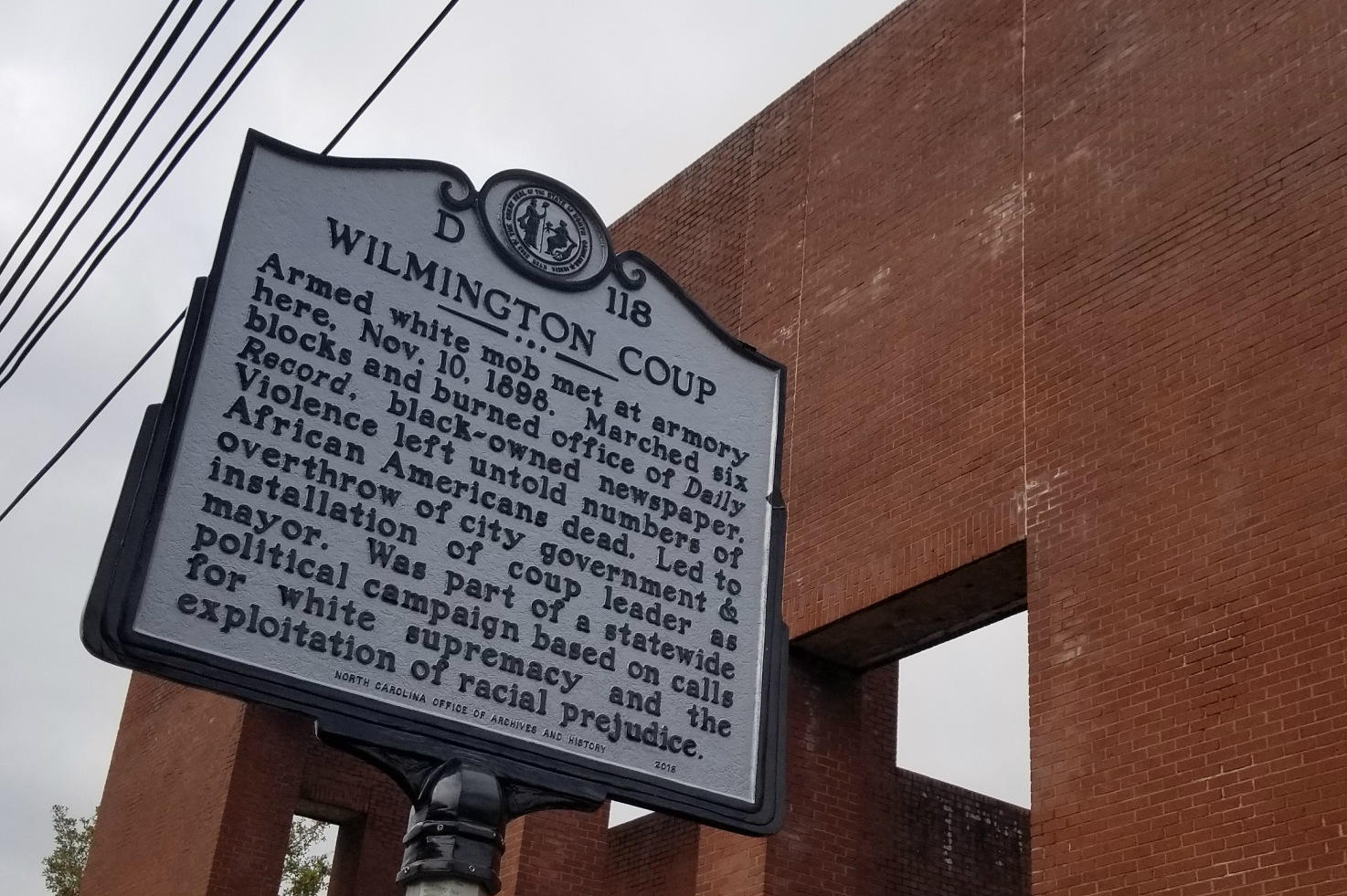

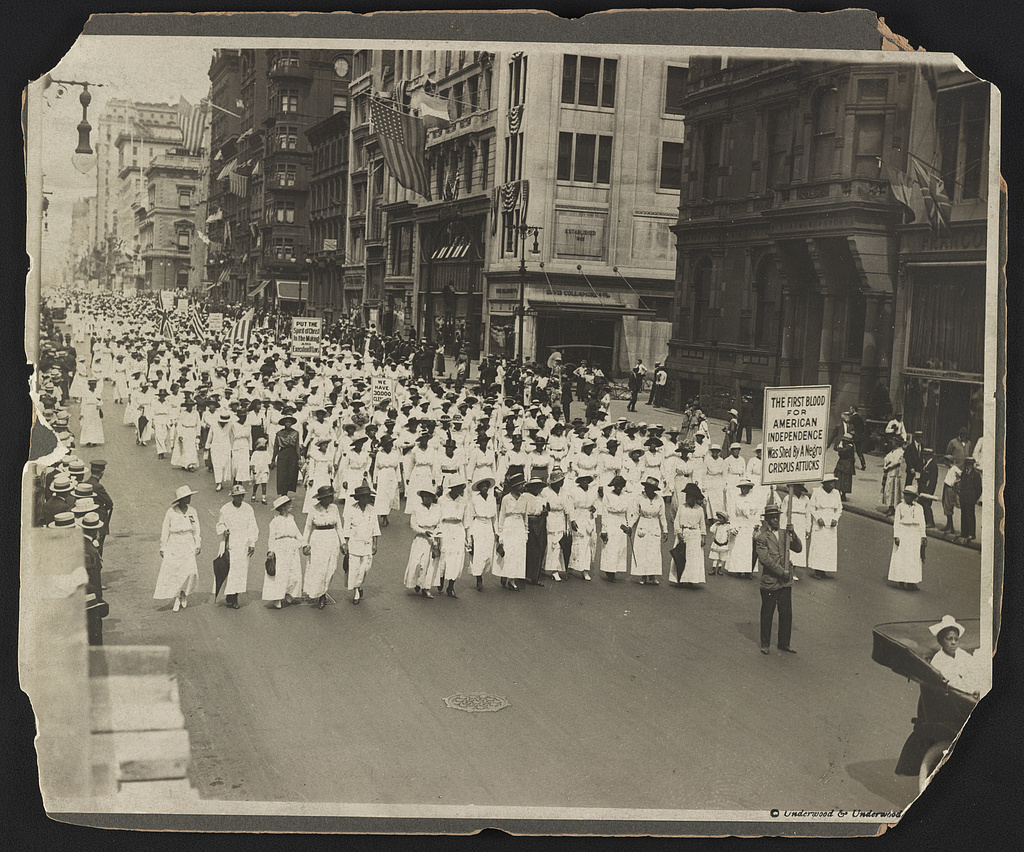






Twitter
Google plus
LinkedIn